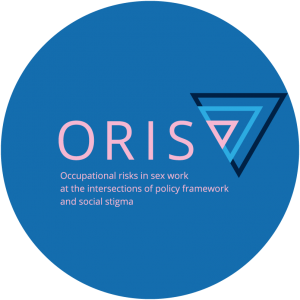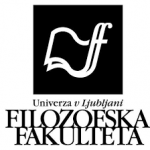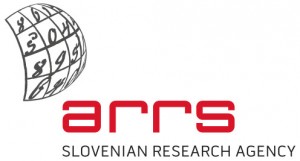Occupational risks in sex work at the intersections of policy framework and social stigma (ORIS)
 It has often been emphasized in the academic literature that policies on prostitution do not consider the real needs of sex workers, but are underpinned with efforts to protect morality, safety and public health, or used to reinforce migration and border control regimes, resulting in repression, exclusion and segregation of sex workers (Doezema 1998; Graham 2017; Mathieu 2011). Our previous research confirms that sex workers in Slovenia are a marginalized and discriminated social group excluded from public life, spaces and the creation of state policies (Pajnik, Fabijan, Frelih & Šori 2017; Pajnik & Šori 2014; Šori 2005). The state addresses prostitution exclusively through criminal legislation (Frelih 2017; Šori & Pajnik 2018), a policy practice which corresponds with the concept of »governing through crime« (Simon 2007) that places security above all other areas of state’s functioning, ignores non-repressive responses to social problems and creates a culture of fear. Governing through crime reinforces and legitimizes the stigmatization of prostitution as a criminal activity and omits active promotion of sex workers’ rights and agency (Graham 2017). In addition is an informed policy building in Slovenia and in most of the European countries hindered by a lack of precise and reliable research data on even most elementary parameters of prostitution, such as the number of sex workers in a particular national context (Wagenaar 2017).
It has often been emphasized in the academic literature that policies on prostitution do not consider the real needs of sex workers, but are underpinned with efforts to protect morality, safety and public health, or used to reinforce migration and border control regimes, resulting in repression, exclusion and segregation of sex workers (Doezema 1998; Graham 2017; Mathieu 2011). Our previous research confirms that sex workers in Slovenia are a marginalized and discriminated social group excluded from public life, spaces and the creation of state policies (Pajnik, Fabijan, Frelih & Šori 2017; Pajnik & Šori 2014; Šori 2005). The state addresses prostitution exclusively through criminal legislation (Frelih 2017; Šori & Pajnik 2018), a policy practice which corresponds with the concept of »governing through crime« (Simon 2007) that places security above all other areas of state’s functioning, ignores non-repressive responses to social problems and creates a culture of fear. Governing through crime reinforces and legitimizes the stigmatization of prostitution as a criminal activity and omits active promotion of sex workers’ rights and agency (Graham 2017). In addition is an informed policy building in Slovenia and in most of the European countries hindered by a lack of precise and reliable research data on even most elementary parameters of prostitution, such as the number of sex workers in a particular national context (Wagenaar 2017).
In response, this project aims at developing a methodological and theoretical framework that foregrounds voices and interests of sex workers and to investigate pathways to sex worker’s empowerment – increased agency, autonomy and human rights – through policy building and policy execution. The background thesis is that professional risks in sex work are being formed at the intersections of policy framework and social stigma. We aim to investigate the complex interrelations of these concepts, strengthen the underdeveloped research field of sex work, stimulate informed public discussions and contribute to the adoption of an inclusive, comprehensive and multidimensional policy on prostitution in Slovenia. The project approaches the research problem from the perspective of occupational risks and harm reduction, which we assess enables to the highest possible extend a non-judgmental research of the field and by this most objective data on the experiences, situation and needs of sex workers.
Project execution
Following the findings from the state of the art and our previous research endeavours, project’s methodology follows 3 grounding principles.
- Complexity: sex work and sex industry are segmented and heterogeneous fields, with high fluidity of experiences and plurality of identities. We approach victimization and empowerment as fluid categories and recognize the variety of positions and needs in sex work.
- Intersectionality: lives and rights of sex workers are affected by policy framework, stigma and wider social inequalities based on gender, socioeconomic status, ethnicity etc. We approach sex work from different theoretical perspectives (sociology, law, social work) and at intersections of various variables affecting the lives and rights of sex workers.
- Empowerment: this project is in particular aimed at researching pathways to empowerment of sex workers through policy building and policy execution. For this purpose we examine if and how practices of self-organization and self-managing can contribute to sex workers empowerment.
The project will be organized in 4 work streams, which follow the line from literature review, over empirical studies, to dissemination activities aimed at different stakeholders. The project is organized into four work streams and includes the following research activities:
– analysis of contemporary literature on prostitution in Slovenia and from abroad;
– development of methodology;
– focus groups with sex workers;
– quantitative research of occupational risks in sexual work;
– mapping the prostitution sector;
– socio-legal analysis of court files;
– interviews with experts;
– dissemination of project results at national and global level.


